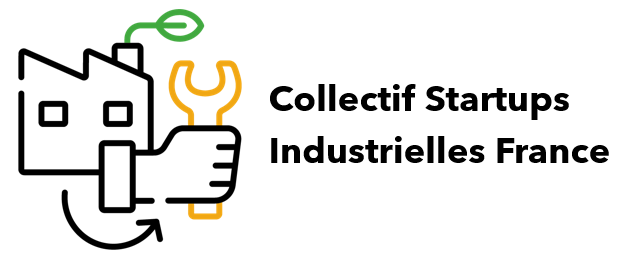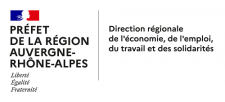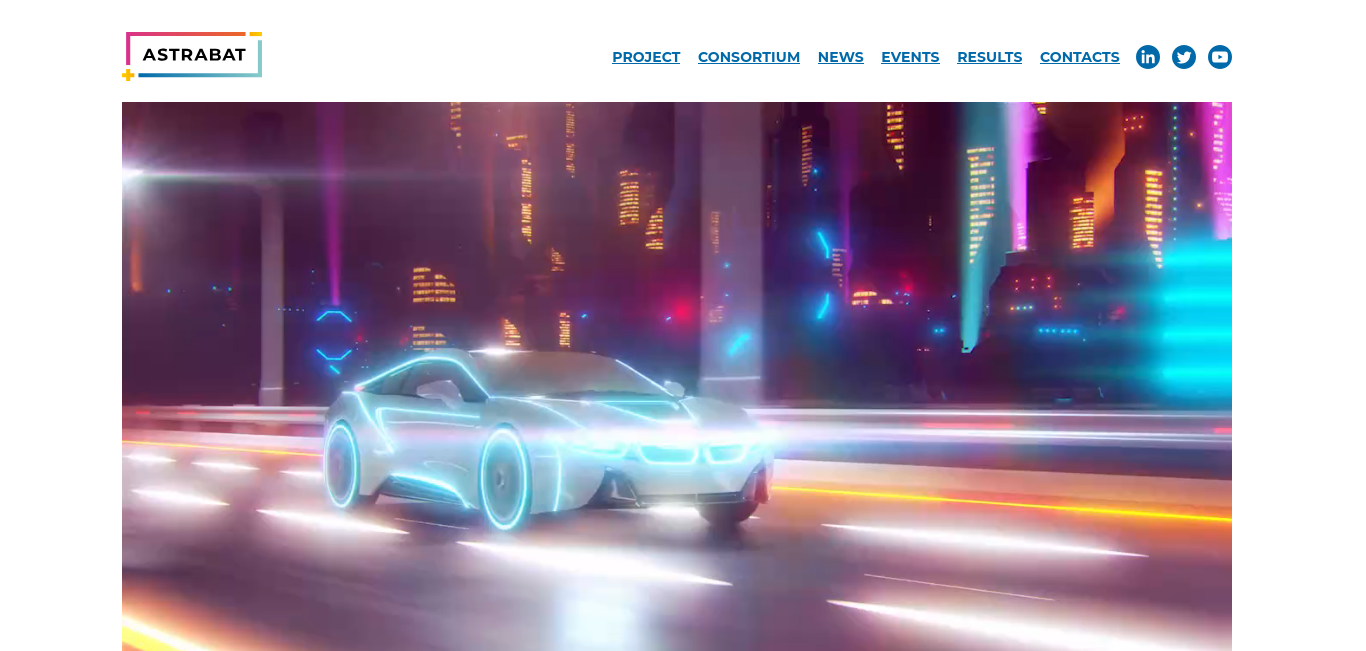
ASTRABAT
EU-funded project developing new, eco-friendly, all-solid-state Lithium-ion batteries suitable for electric vehicles
Europe is facing a major challenge to develop and produce a competitive Li-battery product in order to avoid dependency on third countries in its energy transition models. The Li-ion cell innovations should meet specific technical and economical requirements to sustain the market growth. The all-solid Li-ion technology appears to be one of the relevant options but it still has to be brought to higher technology readiness level to be economically and environmentally friendly for a mass production compatible process.
The ASTRABAT project aims to find optimal solid-state cell materials, components and architecture that are well suited to the demands of the electric vehicle market and compatible with mass production. The project will comply with improved safety demands and industrial standards.
More specifically, the main objectives of the project are:
- To develop materials for a solid hybrid electrolyte and electrodes enabling high energy, high voltage and reliable all-solid-state Li-ion cells;
- To apply to the development of new all-solid-state batteries conventional 2-D processes adopted for manufacturing electrodes in Li-ion cells with liquid electrolyte;
- To design an all-solid-state-battery architecture for the next generation of 2030 Li-ion batteries;
- To define an efficient cell architecture to comply with improved safety demands;
- To generate a new value chain of all-solid-state batteries, including eco-design, end of life and recycling.
ASTRABAT is run by a consortium of 14 partners, leaders in the different fields of research, development and production, from 8 countries. The consortium is coordinated by the French Commissariat a l'Energie Atomique et aux Energies Alternatives (CEA).
This project has received funding from the European Union’s Horizon 2020 research and Innovation programme under grant agreement N°875029.



